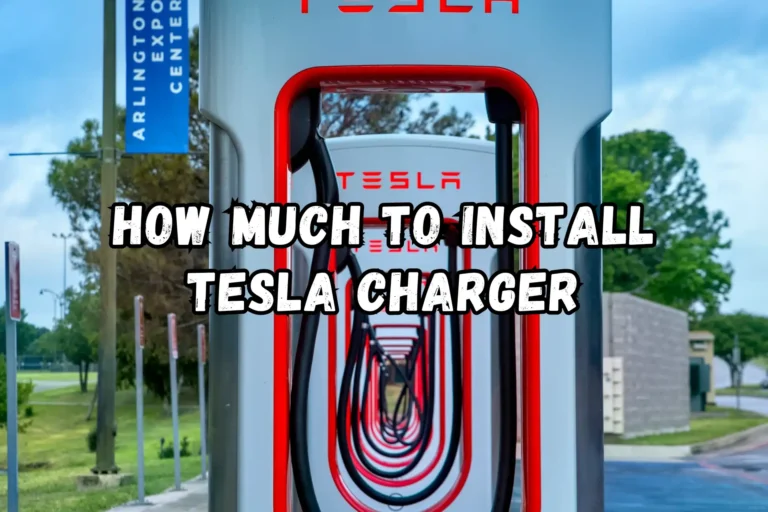You will learn about the potential savings, environmental benefits, and considerations associated with integrating solar-powered EV charging solutions into your electric vehicle system.
Solar-powered electric vehicle (EV) charging solutions have gained popularity because of the growing emphasis on sustainability and renewable energy. Most EV owners are considering switching to solar-powered EV charging as a cost-effective and sustainable alternative in the quest for a greener future. Here, we examine the feasibility and potential benefits of solar-powered EV charging, as well as potential considerations for owners and operators of charging stations.
Understanding Solar-Powered EV Charging:
Electric vehicles can be charged with solar power by harnessing energy from the sun through solar panels.By converting solar energy into electricity, photovoltaic cells convert it into electricity that can be used to charge electric vehicles. Solar-powered charging solutions can reduce your dependence on conventional grid electricity while contributing to a more sustainable energy ecosystem by integrating into your EV setup. Home Solar EV Charging is another considerable option which benefits both your home as well as your Electric Vehicle.
Benefits of Solar-Powered EV Charging:

EV charging powered by solar energy has a number of environmental and economic benefits. These include reduced carbon footprints, potential savings on electricity bills, and increased energy independence. It is also important to note that the use of renewable energy sources facilitates a healthier lifestyle, aligning with global trends towards cleaner and more sustainable energy.
Considerations for Implementing Solar-Powered EV Charging:
To ensure a smooth transition from solar-powered EV charging to solar-powered EV charging, it is crucial to conduct a comprehensive assessment of these factors. It is essential to consider factors such as initial setup costs, sunlight exposure, system efficiency, and maintenance requirements when determining whether solar-powered charging will be feasible and long-lasting.
Integration with Existing EVSE Infrastructure:

The integration of solar-powered EV charging into existing Electric Vehicle Service Equipment (EVSE) infrastructure requires careful planning and coordination for electric vehicle owners and charging station operators. In order to guarantee a seamless and efficient integration process, it is essential to check whether solar-powered systems will be compatible with your current charging setup, explore possible installation constraints, and assess the impact on charging efficiency.
EV owners and charging station operators can embrace sustainable energy practices and reduce carbon footprints by using solar-powered EV charging. Although switching to solar-powered charging presents some considerations, it may be an appealing choice for those who are committed to a more sustainable and greener future due to its potential cost savings, environmental benefits, and increased energy independence.
Frequently Asked Questions
1. Can you solar charge an EV?
An electric vehicle (EV) can be charged by solar panels. Solar panels produce electricity from the sun, which can then be used by an EV to recharge its battery. This process is known as solar charging.
2. What is a solar-powered EV?
Electric vehicles powered by solar energy are electric vehicles that charge their batteries with solar energy. In these vehicles, solar panels are integrated into the body or installed externally, which enable the vehicle to produce electricity by harnessing sunlight.
3. Which EV chargers are compatible with solar?
A number of electric vehicle chargers can be equipped with solar energy systems that allow them to optimize charging times based on the availability of solar energy. Many of these chargers are equipped with features such as bidirectional charging or smart charging. ChargePoint, Tesla Wall Connector, and JuiceBox are some of the most popular options.
4. Can you charge a Tesla with solar?
Through its Solar division, Tesla offers solar panels and solar roof tiles that can be used to charge Tesla electric vehicles and to charge the home. The solar panels and tiles can be used to charge Tesla vehicles as well as to charge your home. With Tesla’s Powerwall home battery storage solution, solar energy systems can also be integrated, allowing users to use solar power to power Tesla vehicles even in the absence of sunlight.







